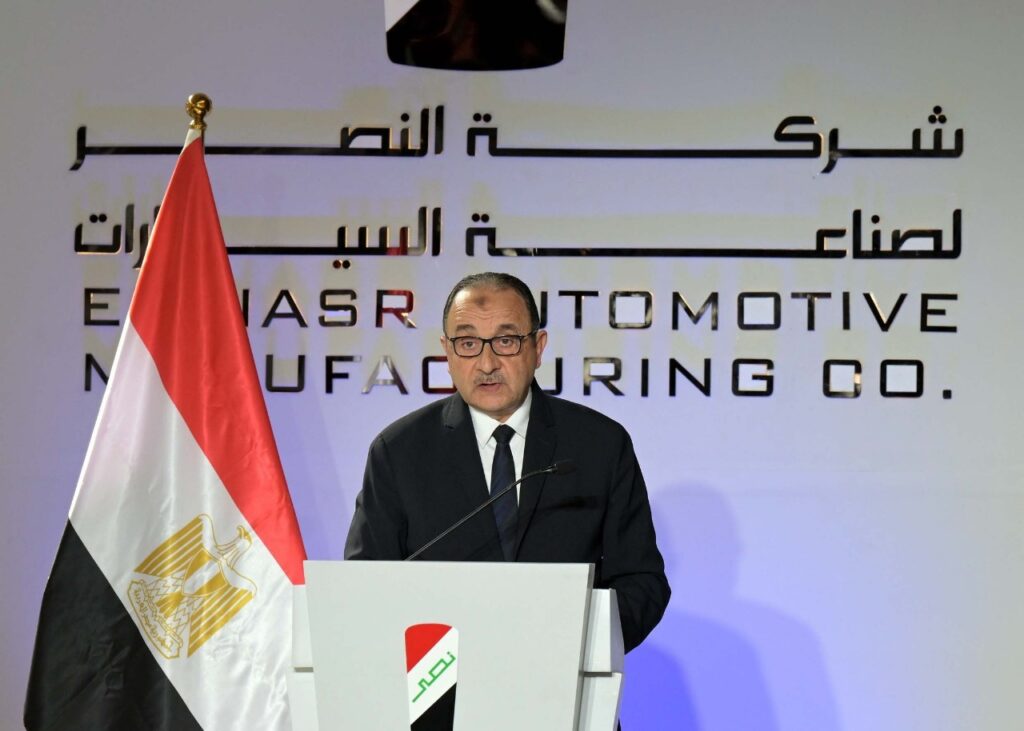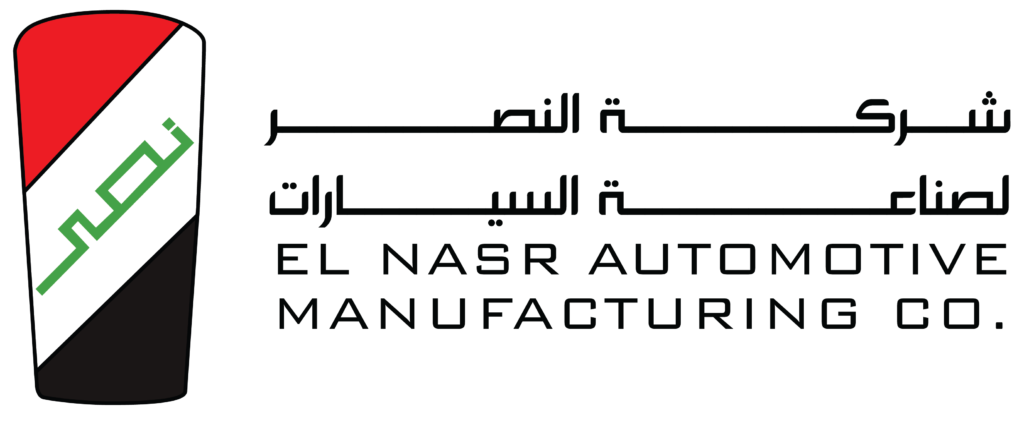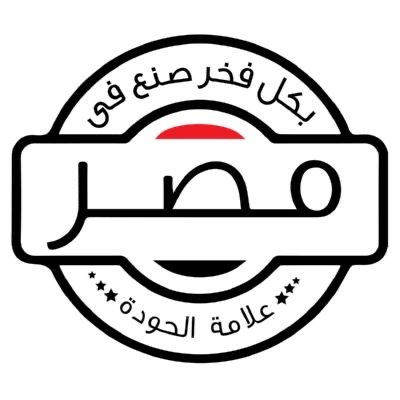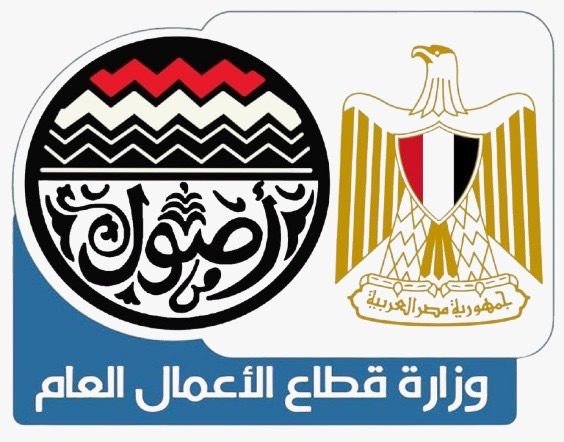Prime Minister: “Today represents a celebration, as everyone had dreamed of this industrial stronghold coming back to life. The government, in order to ensure the sustainable return of Al Nasr Automotive Company, has secured a series of partnerships with international institutions capable of ensuring efficient and effective operations. The return of Al Nasr Automotive Company was a strategic decision for the state… and the state has never relinquished its industrial strongholds; rather, it aims to optimally exploit its owned assets.”
Dr. Mostafa Madbouly, Prime Minister, delivered a speech during the ceremony marking the resumption of production at Al Nasr Automotive Company after a shutdown lasting more than 15 years. He began by welcoming those in attendance at one of the nation’s industrial strongholds—Al Nasr Automotive Company—considering that this day represents a celebration, as everyone had long dreamed of this industrial stronghold coming back to life. Accordingly, over the past years the government has pursued earnest and persistent efforts to revive this stronghold, given its solid infrastructure, strategic location, inherent capabilities, and human resources, making it a treasure that must not be squandered.
The Prime Minister noted that the state has exerted every effort to revive this important industrial stronghold while ensuring its sustainable operation so that it is never threatened with another shutdown. This was achieved through establishing an efficient operational system based on a genuine revival of the industry, fully recognizing the importance of partnering with the private sector in such major projects—since they possess a greater ability to identify the true needs of the local and global markets and to implement highly efficient operational and management systems while achieving profitability. He added that, to ensure the sustainable return of Al Nasr Automotive Company, the government has secured a series of partnerships with international institutions capable of ensuring efficient and effective operations, addressing both local and international market needs and sustaining the business.
Dr. Madbouly further affirmed that the capabilities now possessed by Al Nasr Automotive Company enable it to establish a complete industry in this geographic area without the need to set up factories elsewhere. He pointed out that this step aligns with the state’s pursuit of expanding the automotive sector, based on the conviction that Egypt has a tremendous opportunity to launch into this industry in the coming period. He referenced what the company’s CEO mentioned in his speech today—that a decision was made to liquidate this company in 2009—and noted that around that same time, several African countries took their first steps in this industry, and today, despite the relatively short period that has passed, they produce more than half a million vehicles per year, with future plans to reach one million vehicles annually.
The Prime Minister stressed that Egypt’s potential is not inferior to that of these countries; on the contrary, it enables Egypt to achieve even higher numbers, as the needs of the Egyptian domestic market alone amount to nearly half a million vehicles annually across all types of vehicles—and these numbers will increase by 2030 with population growth and the economic development the state is pursuing.
In this context, the Prime Minister confirmed that the return of Al Nasr Automotive Company was a strategic decision for the state, emphasizing that the state has never relinquished its industrial strongholds but rather aims to optimally exploit its assets. He stressed that the “State Ownership Policy Document” does not mean selling state assets; on the contrary, it means maximizing the benefits and utilization of these assets. He noted that an important aspect of the state’s efforts in this regard is its pursuit of partnerships with a competent private sector to manage and operate these assets, with Al Nasr Automotive Company serving as a living example.
Dr. Madbouly also mentioned that, on the sidelines of today’s ceremony, he spoke with the Deputy Prime Minister for Industrial Development and the relevant ministers about deepening the local content and increasing its percentage in the buses being launched today from 50% to 70%. He emphasized that Egypt has all the capabilities to raise the local content to over 70%. Consequently, a comprehensive system for feeder industries that supply these factories must be developed—from the body, panels, and steel to the upholstery, glass, and engine—as well as, in the field of electric vehicles, establishing a factory for electric batteries for all targeted vehicles.
Dr. Madbouly reiterated that he deliberately spoke from the heart today, moving away from a prepared speech, considering this day a celebration with the factory’s return to production. He addressed the factory workers: “Take care of your factory… This is your future, the future of your children, and the future of your country.”
He added that it is important to have such industries, as Egypt is capable of excelling in this type of industry and even in more advanced and progressive industries. Following the directives of His Excellency President Abdel Fattah el-Sisi, President of the Republic, the Ministerial Group for Industrial Development—supported by the Cabinet and political leadership—is focusing on leaving no possible opportunity in the field of industry in Egypt unexploited and launching them into action. Moreover, the coming period will witness the greatest boon for the industrial sector, headed by the automotive industry.
In concluding his speech, the Prime Minister expressed his gratitude to those present for the efforts made over the past period to revive this gigantic industrial edifice that all Egyptians are proud of and have always dreamed of reactivating and bringing back to life. He affirmed that the wheel of production has not stopped but continues to turn, and that many production companies will emerge from this industrial stronghold as well as from Egypt’s other industrial strongholds.








